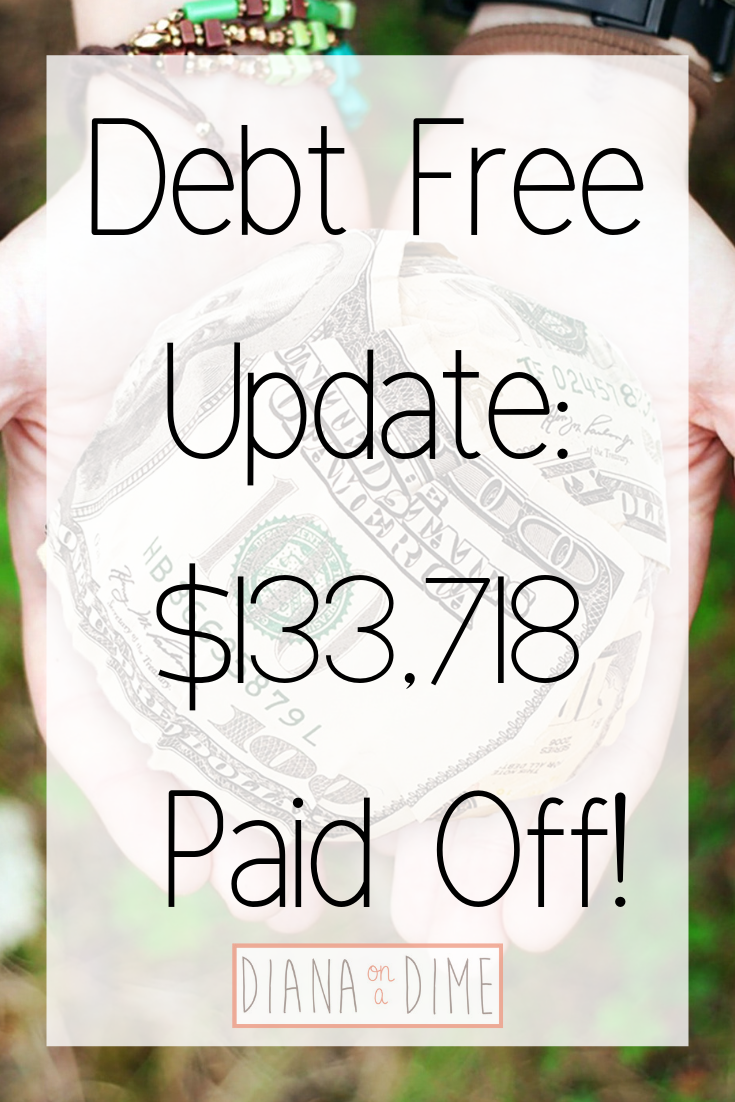Mini Series Part 3: How to Tackle Your Student Loans
In this four part mini series you will find all the tips to tackle your student loans regardless of where you are in the process. Student loans affect almost everyone now, which is a very sad reality. From the time a person graduates high school, it’s usually an issue in their life. So, I’m starting this mini series with tips for before you go to college and ending it with tips for after you graduate and have entered repayment.
Mini Series Part 1: Before You Go to College
Mini Series Part 2: While You’re in School
Mini Series Part 4: After You Graduate
Graduation is right around the corner and you can’t wait to finally get out on your own and live the post-grad life. You have a job already lined up and just need to pass your last finals before crossing the stage. But you have student loans that you’ve accumulated over the years and need to get those in order before graduation. I know, most of them have grace periods and you have time to figure it out. However, there are benefits to making sure your ducks are all in a row before leaving campus.
1. Find out about loan forgiveness programs
There are a few loan forgiveness programs out there for federal loans, especially if you are a teacher or public worker. Like I said, federal loans are the way to go. Take out as much in federal loans before you go to private loans because they have so many options for you, even forgiveness.
2. Talk to a financial aid advisor
This might sound strange, why would you talk to a financial aid advisor when you’re done with school. You probably never want to think about financial aid ever again! However, the advisors at your school can help with a lot of other things. I set up a meeting with my advisor before my masters graduation to discuss paying back my federal and private loans and to go over my TEACH grant requirements. She even was able to give me some advice on refinancing my student loans, something that I wasn’t quite sure about.
3. Find out when repayment begins
This is crucial and something I did not do, which I regret. For federal loans, they most likely have a six month grace period. You should be able to find this out when you complete your exit counseling before graduation. Private loans are trickier, which is where I messed up. I didn’t need to complete exit counseling for my private loans and didn’t know when they entered repayment. My private loans had no grace period, so shortly after graduation my first student loan bill arrived. What a wonderful way to say congratulations, huh? I was in shock when I found out, especially when I owed $1,400 in a month on an income of about $1,100/month during grad school. I was running all over campus and calling the loan company constantly to explain that I was beginning grad school. After about 2 weeks of stress, I finally got my private loans deferred due to being a full time student. Don’t make my mistake, call to find out when your repayment begins so that you’re prepared.
4. Draft a budget
Start putting together a draft of a budget for when you graduate and start working. You probably won’t know your exact take home, but you can make an estimate based on your salary and definitely be sure to low ball your take home. This way when you actually make your budget, you’ll have more money than expected. List out all of the expenses you know you will have and see if you can realistically afford everything. This was the time when I completely changed my post grad plans. I realized my income wouldn’t support me moving out and my minimum student loan payment, so I made plans to move back to my parent’s house.
It’s not usually something you want to think about before you graduate college, but it’s important to have some things figured out. This will save you a lot of stress after graduation and allow you to set yourself up for a hopefully easier student loan payoff. How do you plan to prepare for your student loans before you graduate?





